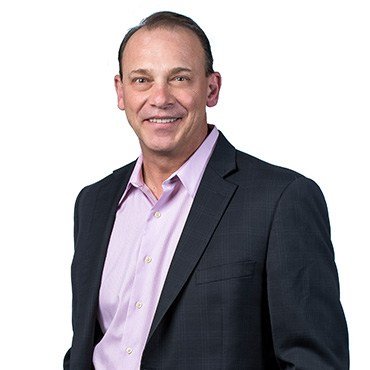
The news that Apple sold 74.5 million iPhones in Q4 2014 made me wonder whether it was time for me to upgrade my handset (not necessarily to an iPhone as I currently have a Samsung Galaxy S4 and like the Android OS). I remember not too long ago when it seemed like that was something that I needed–or felt I needed–to do every two years. My current plan still allows for that subsidized option, but after some thought, I concluded that I really have no need for a new handset. The one I have is quite versatile, and it does everything I want it to do in a format that meets my needs. I could upgrade to the latest version which might have an even bigger screen and some additional features, but do I really need it?
Coveting the Latest & Greatest
Some recent conversations with clients about methodologies and paradigms have made it clear to me that market researchers fall victim to this same desire for the latest and greatest. In this case, we’re not switching out handsets but rather methodologies or analytical approaches. Sometimes it appears that the decision of which solution to use to answer a research question has been driven by this desire to try something new rather than simply to answer the business question. In this day and age of more powerful computers and advanced algorithms, it is easy for marketing scientists like me to propose an increasingly advanced solution. But, given the wide array of analytical tools, it is important to make sure the analytics we are proposing are really necessary to answer the business question.
To that end, I think it’s important to understand the following when advising on methodology:
- Business Question: My experience has shown that probing on this often uncovers a different or modified question than that which was initially asked. Uncovering this hidden question will likely impact or alter your analytical path.
- Role of the Research: Understanding how the results will be used and the decisions that are to be informed can impact which analytics you need. Are your results feeding into a forecast, or do they simply need to be directional in nature?
- Budget: Some methodologies will require greater sample sizes or larger analytical budgets than what’s available. As you develop the research plan, you may also discover interests in certain respondent groups (e.g., segments) for which additional budget had not been reserved. Under these circumstances, it is often necessary to revisit the business question to make sure it can still be answered. Oftentimes the answer is “yes, with a modified approach,” but some of the “nice to have” answers may need to be sacrificed.
- Audience: Understanding the end audience for whom the research is being conducted is important as you consider how you present results. Some will want all the details, and others will simply want a recommendation. Failure to understand this end audience can result in the most eloquent of analyses failing to hit the mark.
As you consider different approaches for your future research projects, I hope these thoughts help you decide whether that new analytical “handset” is truly necessary to meet your needs. Let me know your thoughts: send us a note.









